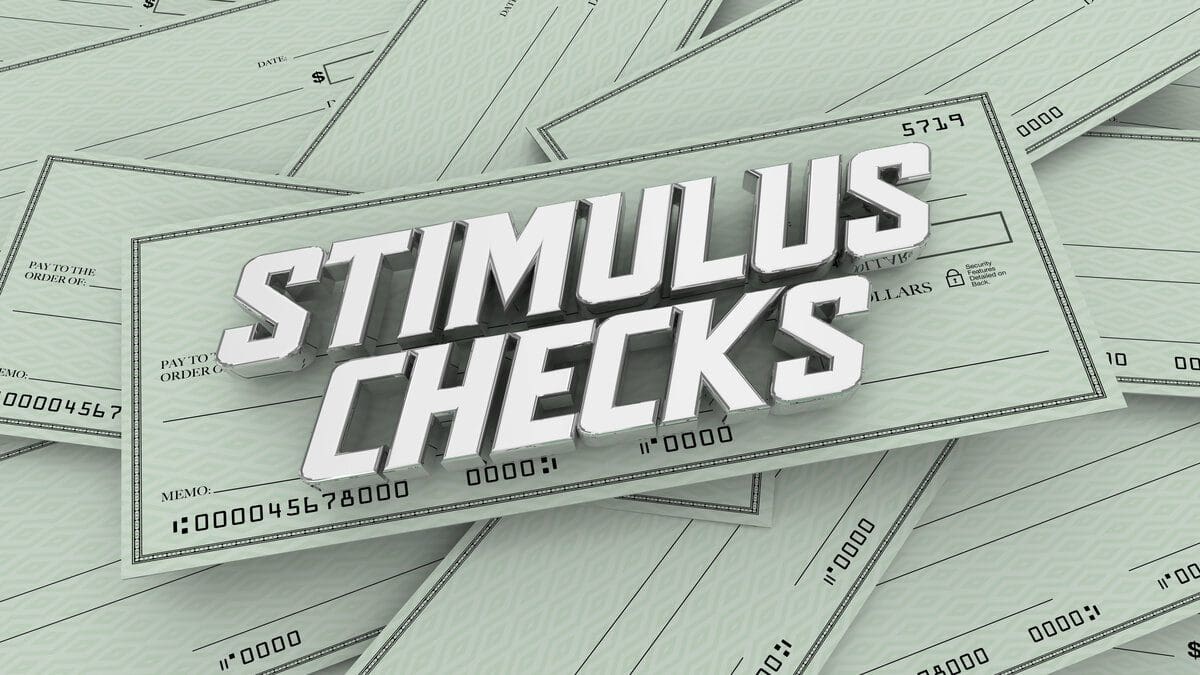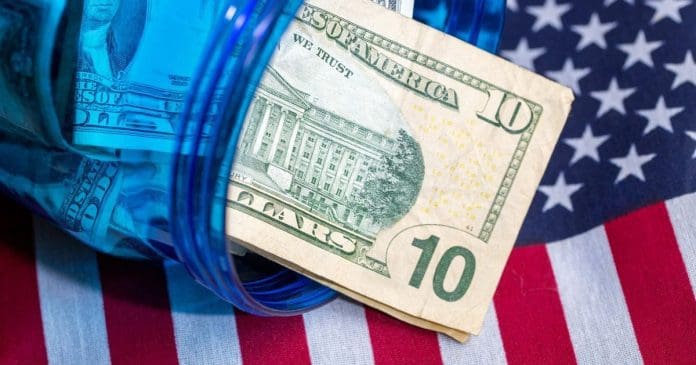The Universal Basic Income has been tested repeatedly across America, and it has been successful. But the question remains if it will be embraced as a part of regular government policy. And could it prove an alternative to the irregular stimulus checks that depend on Congress legislation that is cumbersome and time-consuming?
For various reasons, Americans are either quitting their jobs or being forced out of them. In May 2022 alone, over 4 million people quit their jobs. The reasons vary as some weren’t better benefits or pay while others quit because of bad management or a toxic workplace. Some quit seeking a better career.
While a section of jobseekers seeks options like a shorter weekend and raising the minimum wage, around 20% of job seekers say a Universal Basic Income is a good alternative to a stimulus check.
The Universal Basic Income policy enables citizens to receive a regular stipend from the government mostly on a monthly basis. The money can be used without restriction. No developed country has a fully developed concept of UBI that entails a significant universal cash transfer that can benefit literally anybody and that has no preconditions.
The stimulus checks linked to the pandemic were subject to messy Congress legislation that finally fell victim to political narrow-mindedness. Many policy experts believed that the UBI could be a major policy turnaround in the US and could help solve the economic uncertainty faced by workers.
Ubi Stimulus Check To Only Help Low-Wage Workers
A key component is that all payments are targeted in some way, and economic criteria are the most followed. The concept of a basic income will mainly help low-income workers. It would not mean much to high-income workers as the money is too small to provide a reasonable cushion that is afforded to low-income workers.
The COVID-19 pandemic and the resulting economic chaos were wrecking balls for low and moderate-income households. It disrupted everything from employment to income, education to childcare. But the multiple stimulus checks arrived in time and prevented large-scale poverty, homelessness, and credit defaults.

The multiple Congressional acts helped Americans get access to direct stimulus checks that had no strings attached except their income. With many Americans realizing the benefits of an assured monthly income that does not come with the condition, many now support some form of universal basic income that is permanent and not subject to the vagaries of federal legislation.
The Expanded Child Tax Credit Stimulus Checks Was The Federal Measure Closest To An UBI
Though the federal administration policymakers have never gone for a universal basic income, some recent policies have moved towards this concept. The most similar policy that came very close was the monthly stimulus checks under the expanded Child Tax Credit payments.
The pandemic-era policy gave families access to payments between $250 and $300 per month between July and December 2021. The payment was given based on the age of the child, and the adjusted gross income of the parents. Families received between $3,000 and $3,600 depending on the age of the children.
The three rounds of the stimulus checks were also similar though they were one-off payments and could not be considered regular income. These payments sustained people through the pandemic and through the recession that followed. With millions losing their jobs after the pandemic, these payments were the only source of income for millions of families.
There Are Arguments Against The UBI Stimulus Checks
Surveys have revealed that respondents to the program had concerns about the program. 83% of respondents contend that the UBI will remove the incentive to work. 80% of respondents are worried about the costs and the additional tax burden it might lead to. 60% of respondents are concerned about the workforce shrinking, while 57% say that the UBI stimulus checks will lead to poor spending habits. 56% of respondents have spoken about inflationary risks.
But research in Alaska on the UBI program initiated by the state has revealed that the concept of universal income counters the shrinking labor force and the work incentive arguments. While the annual payments of dividends do lead to a spending spree among Alaskans, employers go in for additional staff to support the increase in business from residents flush with ready cash.
The concern over additional taxes to offset the burden of the UBI could be countered by Value Added Tax to bridge the gap. The wealthy would end up bearing most of the burden for funding the universal income programs.


Many Cities Go In For Some For Of Universal Basic Income As A Test Measure
Several states have been continuing the UBI measures. While some programs are being funded by the Rescue Plan money sent by the federal administration, many programs are philanthropically funded by organizations and even individuals. Such entities back the UBI program and want to make a case for the permanence of such programs in the future.
The California Compton Pledge is the second largest guaranteed income stimulus check being piloted at the moment. This cash transfer program gives residents in Compton unconditional monthly stimulus checks.
The Compton program started in 2020 and was given a payment of around $450. The payment frequency is monthly or bi-monthly and depends on the participation of beneficiaries. The program is scheduled for two years. It was philanthropically funded by private donors and 800 people participated in the funding.
At present, the largest guaranteed income based in a city is the Big Leap, which provides unconditional cash support to low-income residents of Los Angeles. The program started in 2022 and sends a monthly payment of $2,000 for a duration of 12 months.
Applicants must be eighteen years and above to be eligible and should have at least one dependent child. They must be residents of the City of Los Angeles and demonstrate COVID-related hardship. They should also have income that falls within the poverty level set by the federal administration. Participants in this scheme were randomly selected from eligible applicants. The program has been funded by $38 million of taxpayer money. Around 3,200 residents participated in the project. Georgia, Illinois, and New York are other states that have such universal basic income payments.






